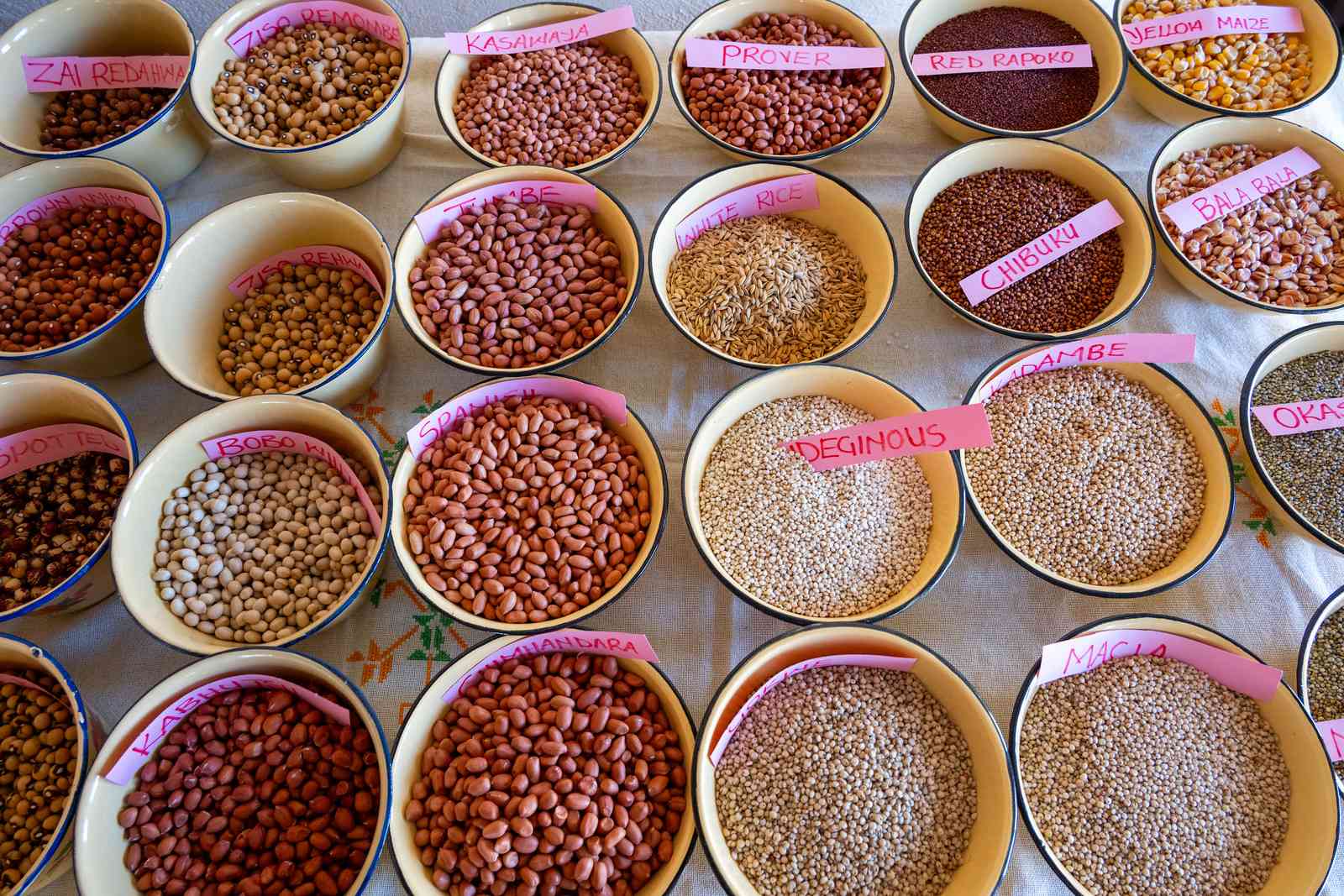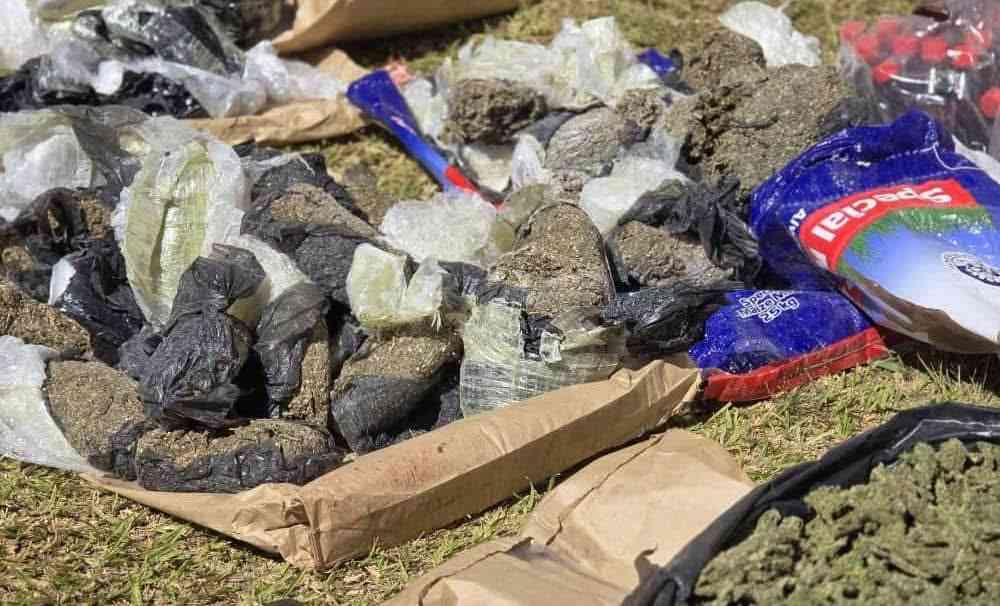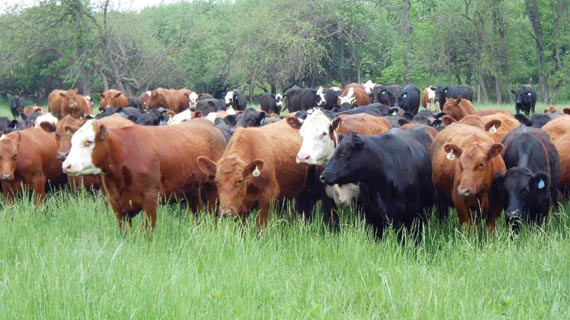
MWENEZI has emerged as a model for sustainable agriculture and traditional seed revival following a major mobilisation effort by the Mwenezi Development Training Centre (MDTC) in partnership with PELUM Zimbabwe.
The initiative aims to promote indigenous knowledge systems and boost food security.
MDTC director Promise Makoni said indigenous seeds and traditional farming practices were critical to improving food security and resilience in dry regions such as Mwenezi.
“Hybrid seed varieties often fail to perform in local conditions, while traditional grains like millet, sorghum and cowpeas continue to deliver reliable yields and better nutrition,” she said.
“Our communities are recognising the value of traditional seeds. These are not just climate-resilient but also affordable and accessible, especially for communal farmers.”
Makoni emphasised the need to integrate indigenous food systems into national development frameworks, citing their cultural and environmental benefits.
PELUM Zimbabwe national co-ordinator Theophilous Mudzindiko said the success of the Mwenezi initiative had opened the door for national expansion.
“We are working to scale up this programme across the country to promote the preservation of indigenous seed varieties and organic farming methods,” he said.
- Villagers fight climate change through smart agric
- Mberengwa villagers want bridge rehab speeded up
- Four die of suspected poisoning
- ZRCS feeds 4 250 Mwenezi villagers
Keep Reading
Representing the office of the permanent secretary for Provincial Affairs and Devolution, Rosemary Chingwe, said the government was aligning input support under the Pfumvudza/Intwasa programme to Zimbabwe’s agro-ecological zones.
“In regions like Mwenezi, traditional grains are now the focus because they are better suited to the dry climate,” she said.
“This targeted approach ensures higher productivity and better food security.”








